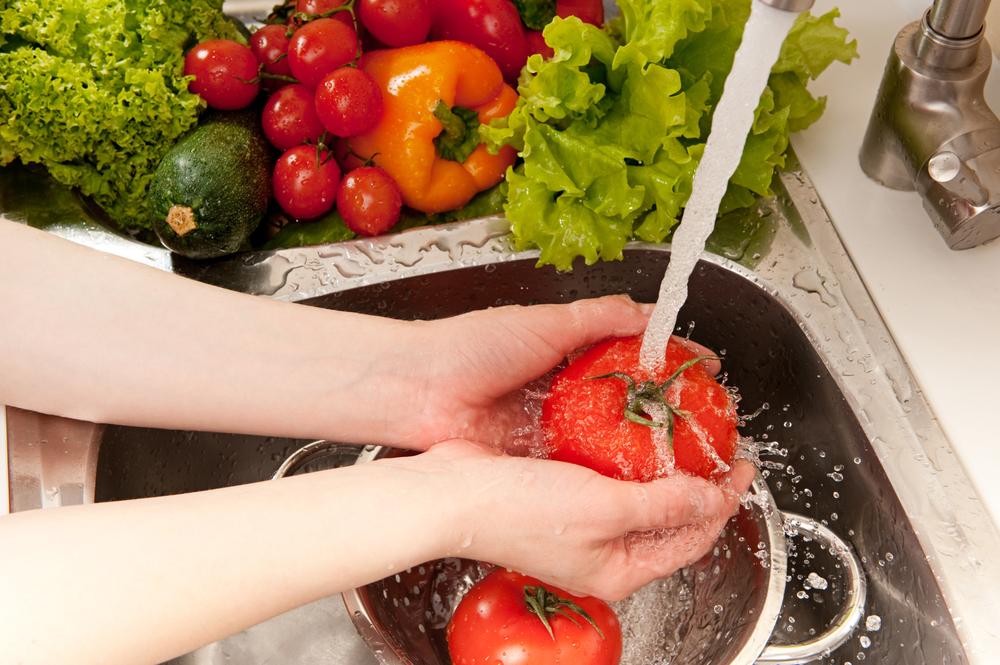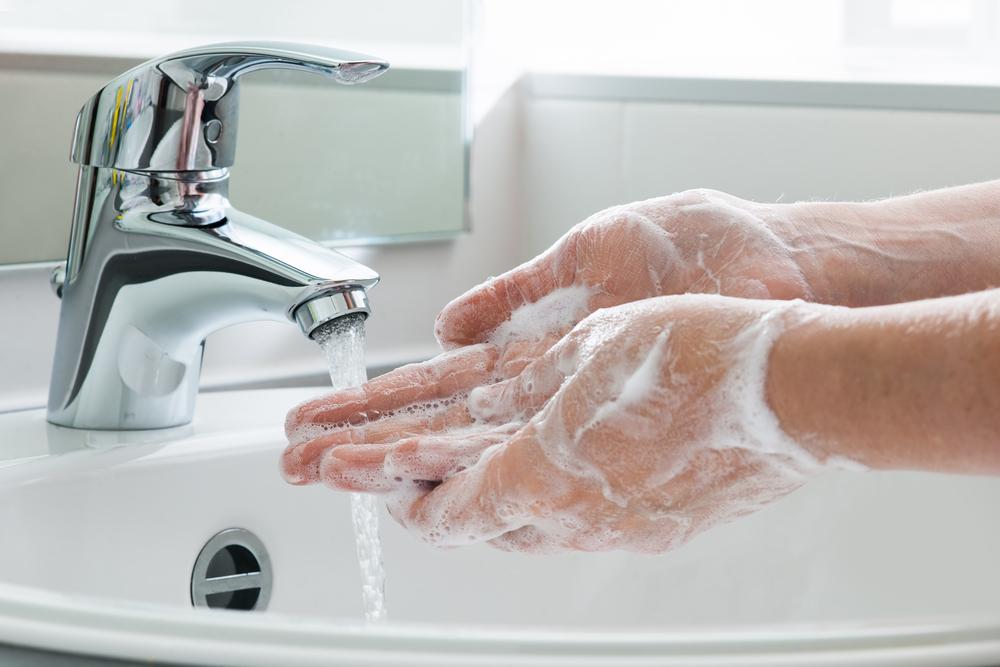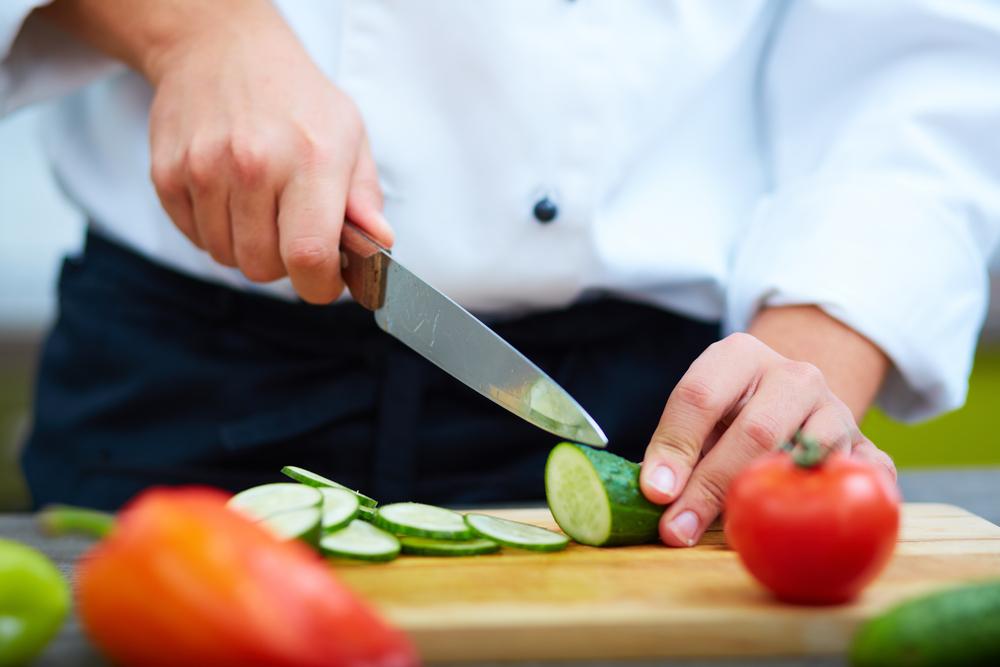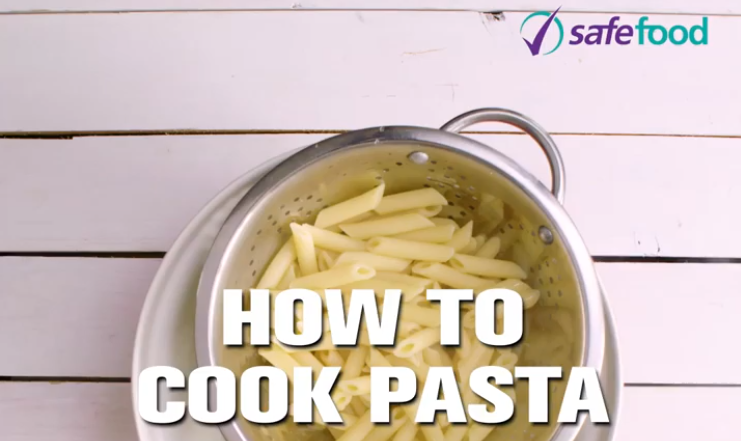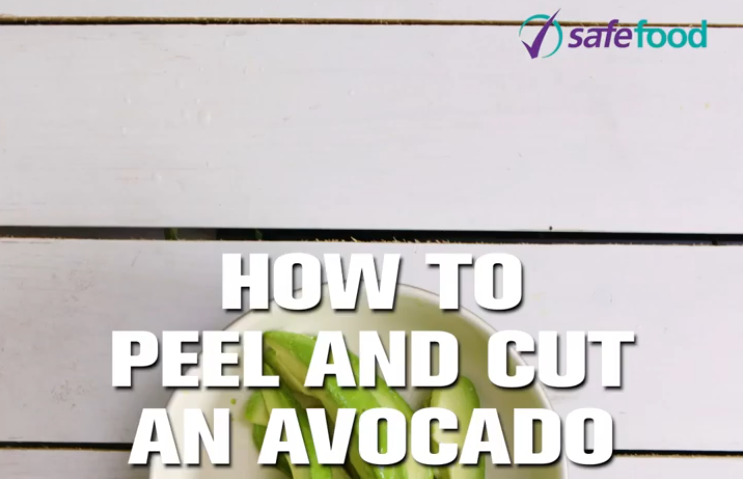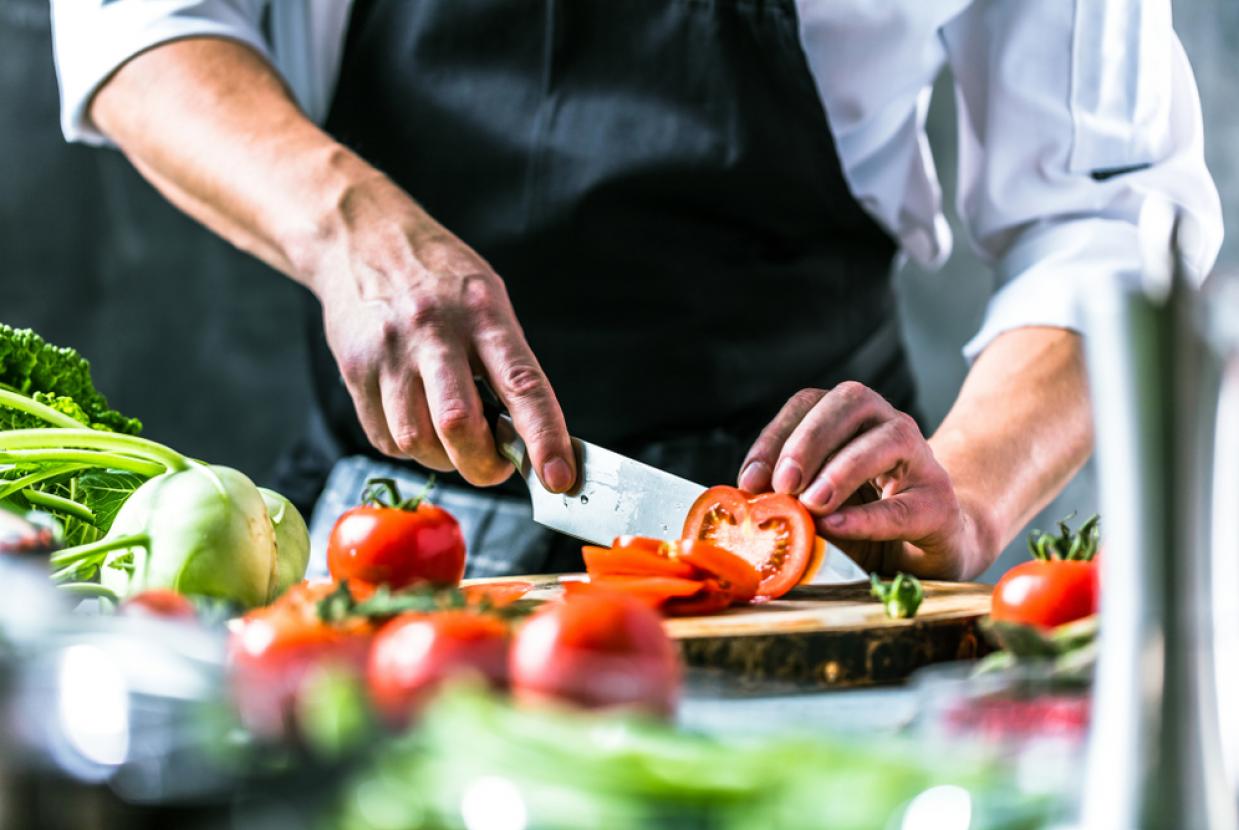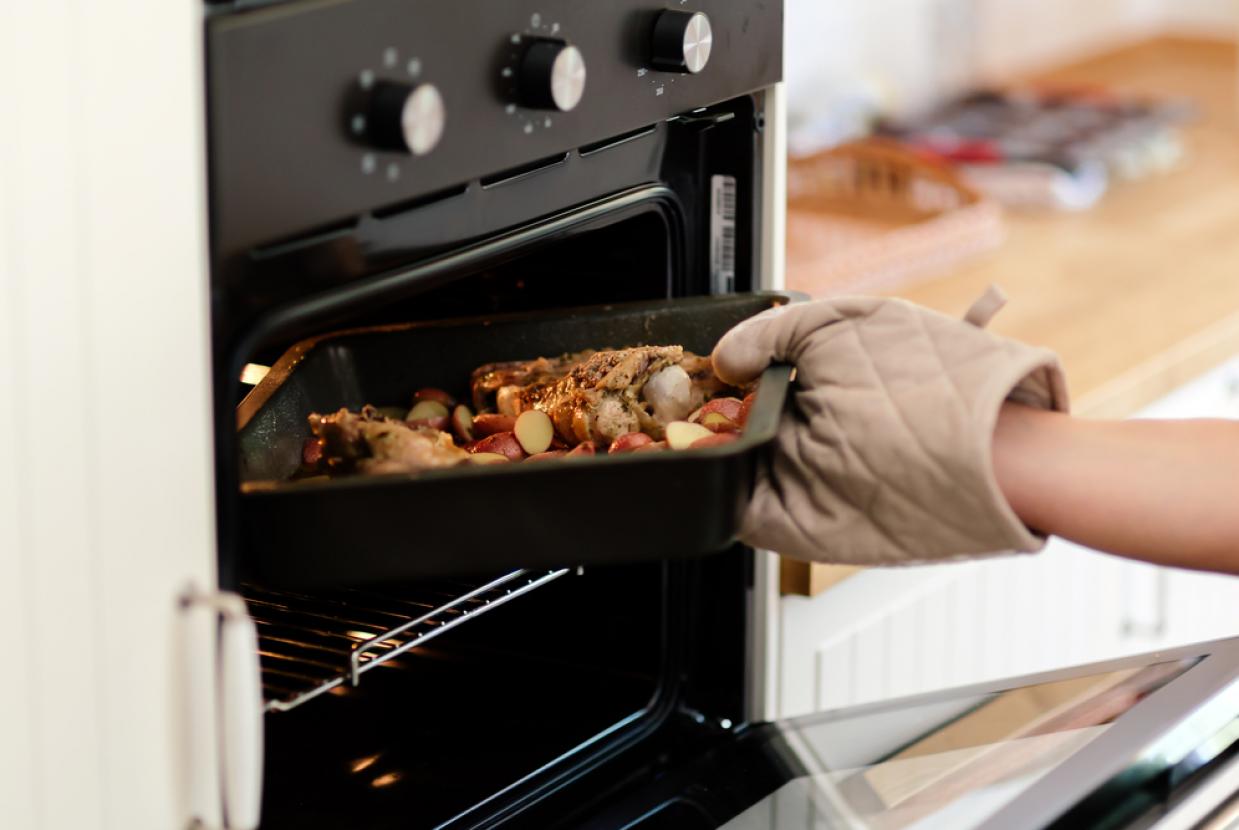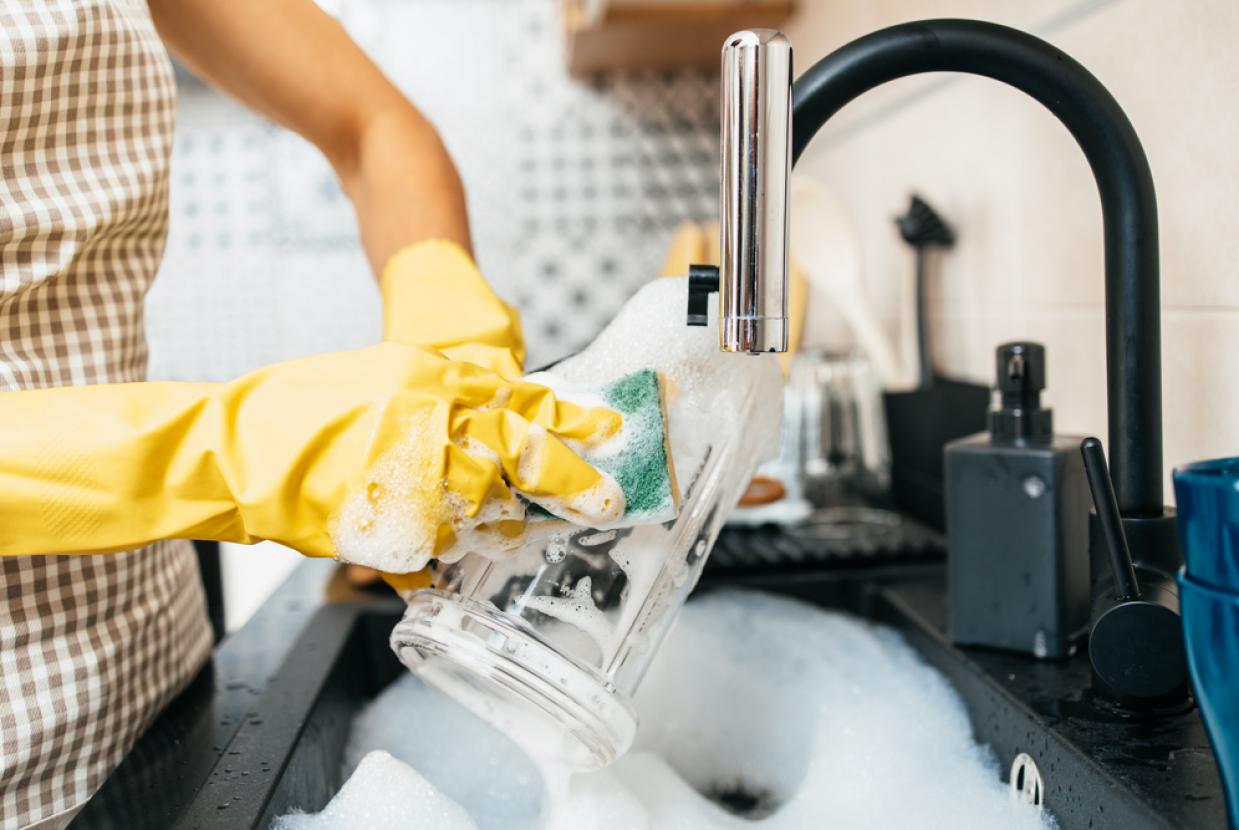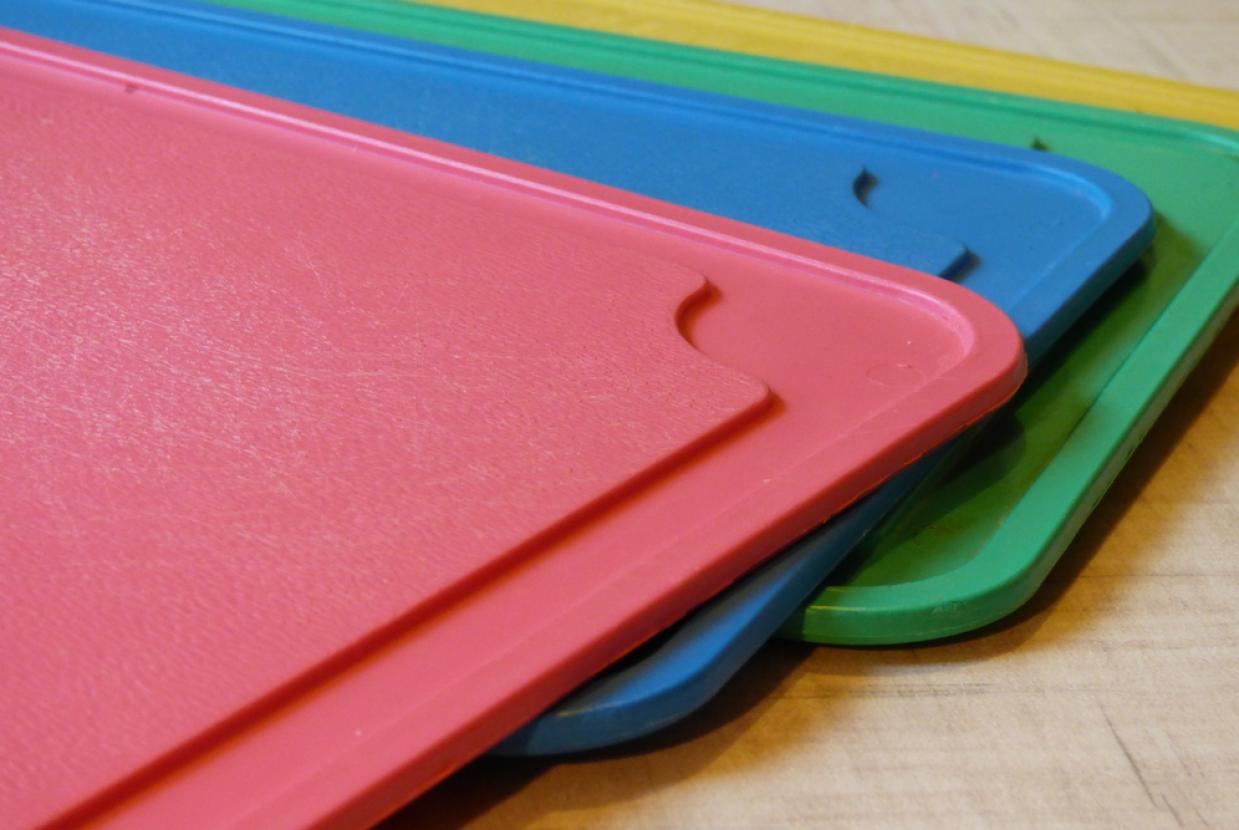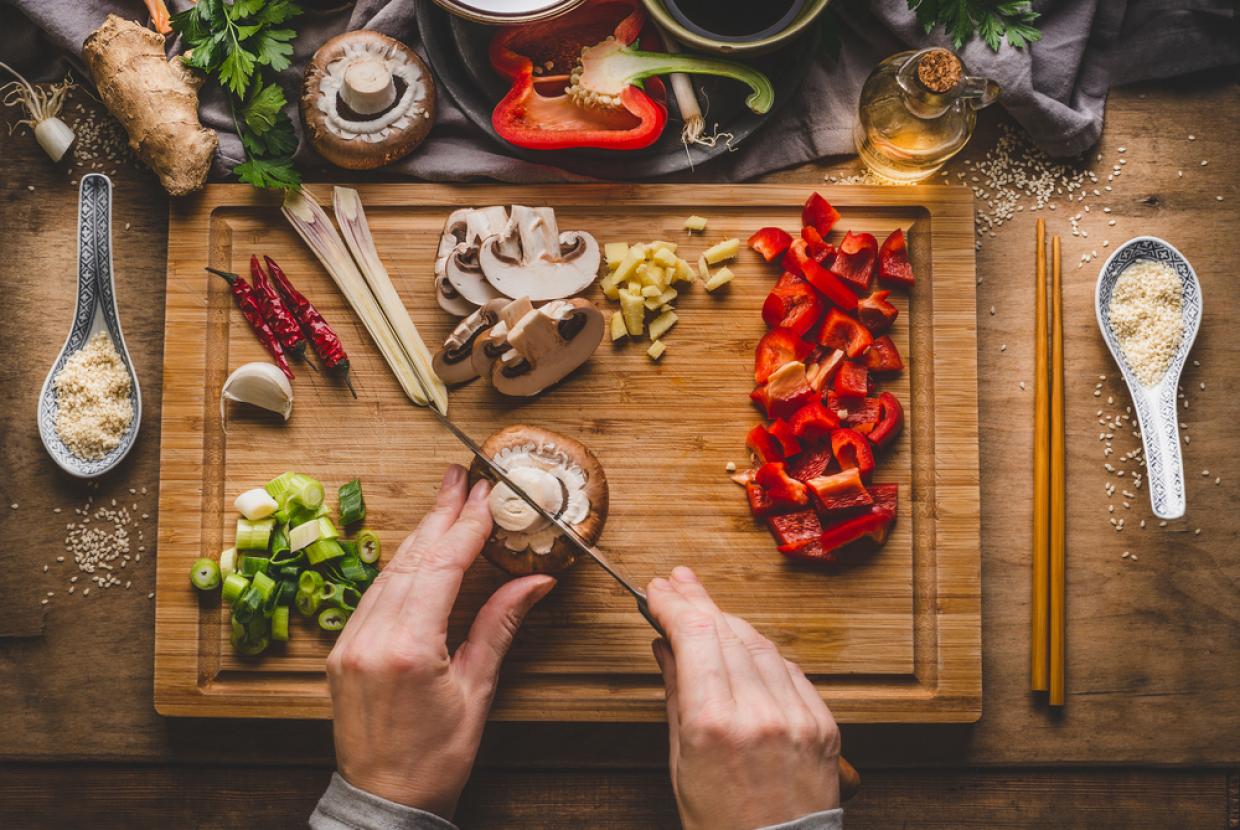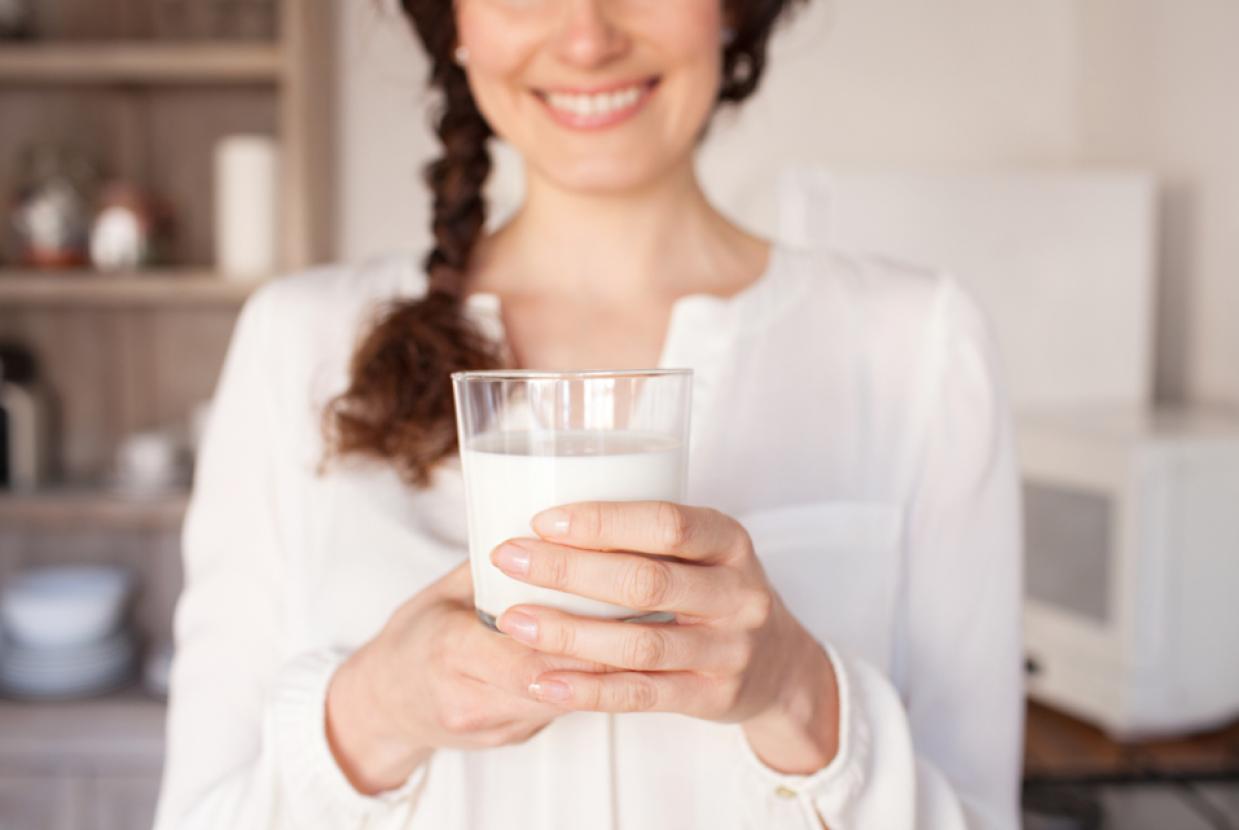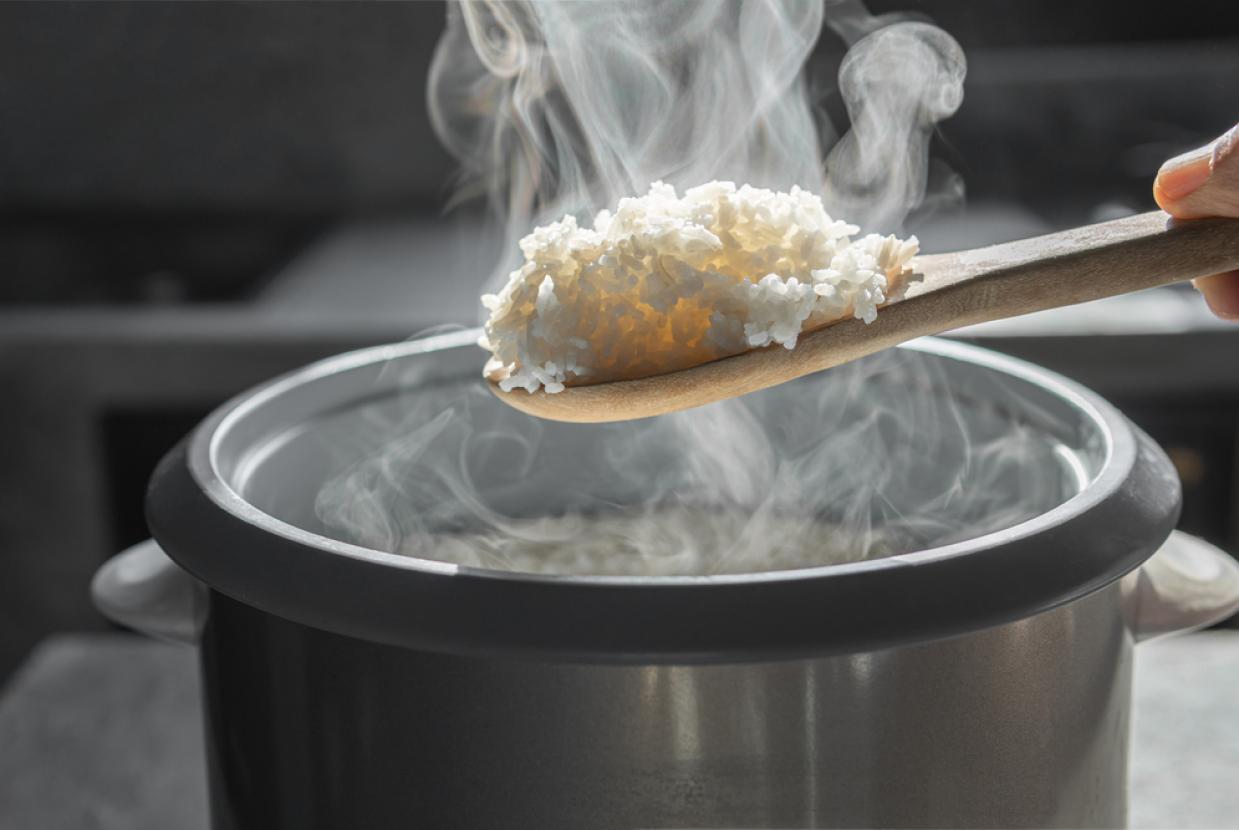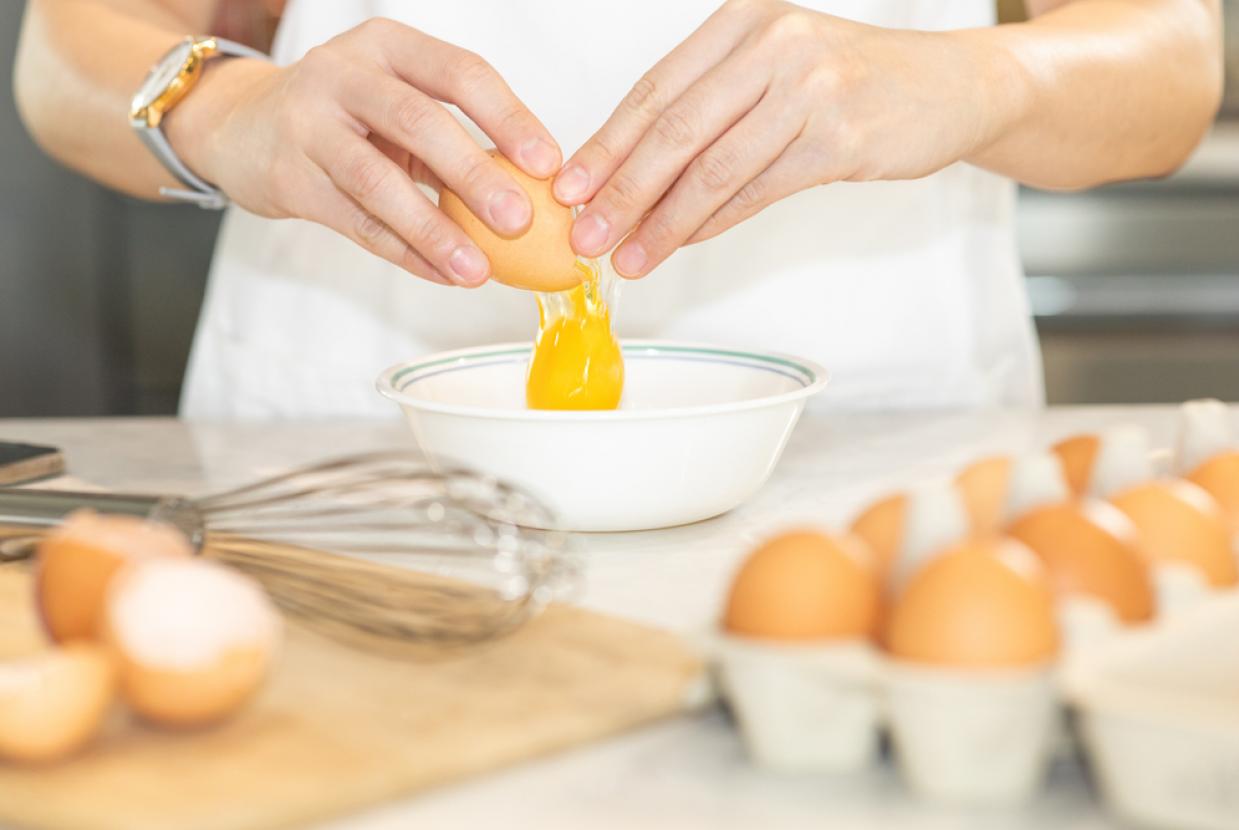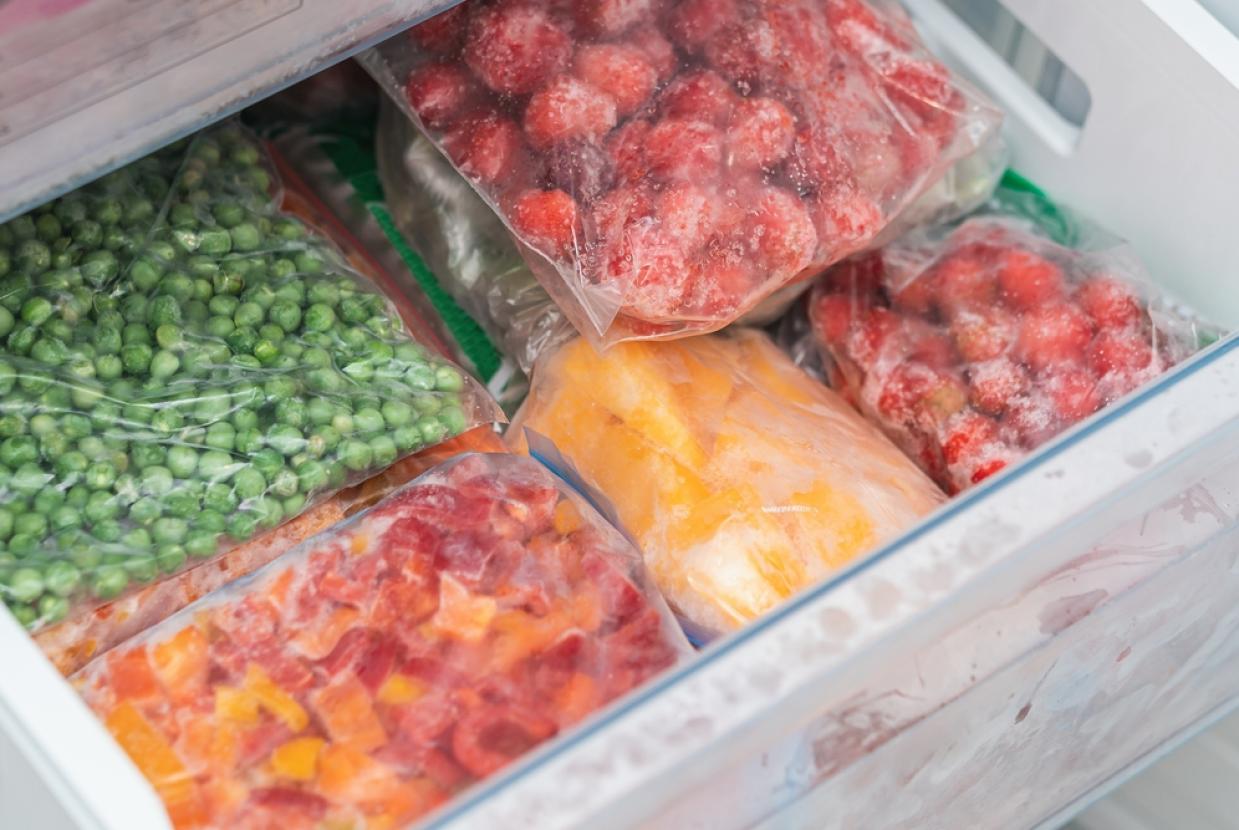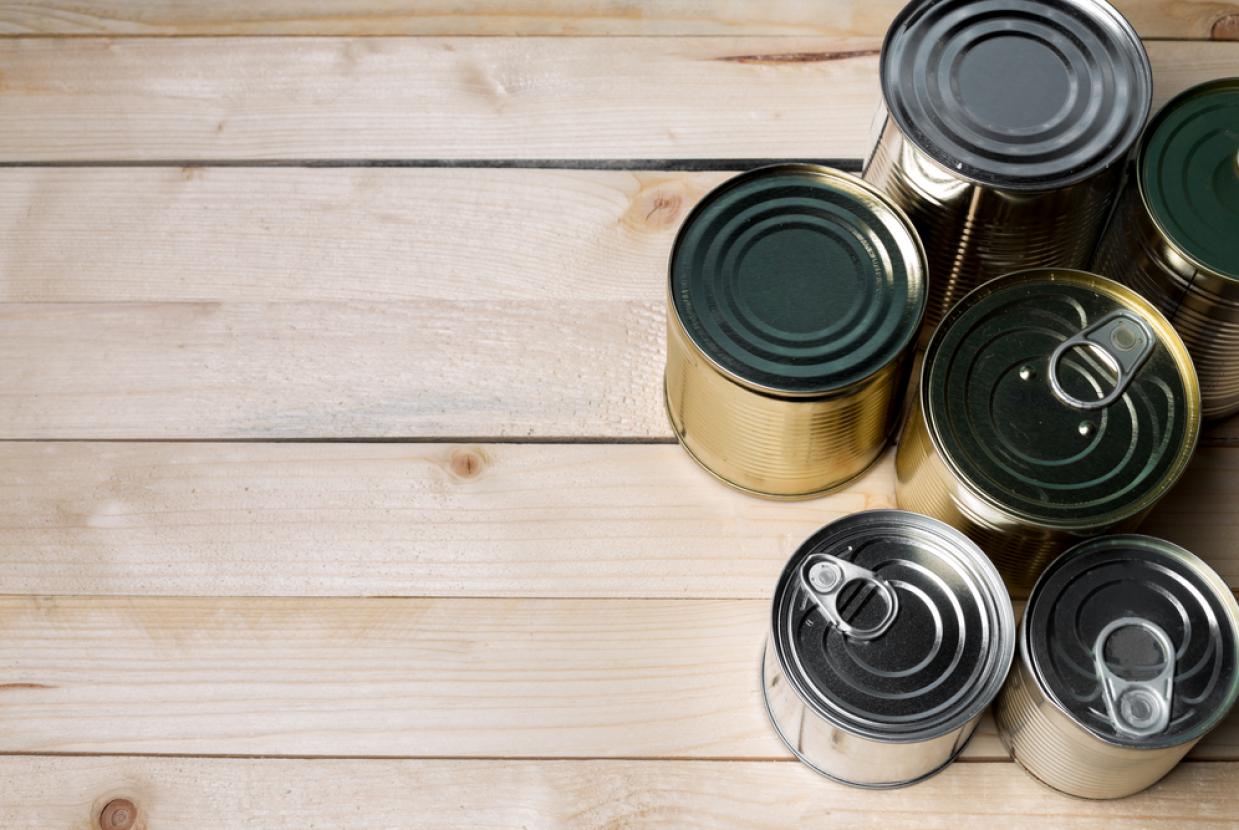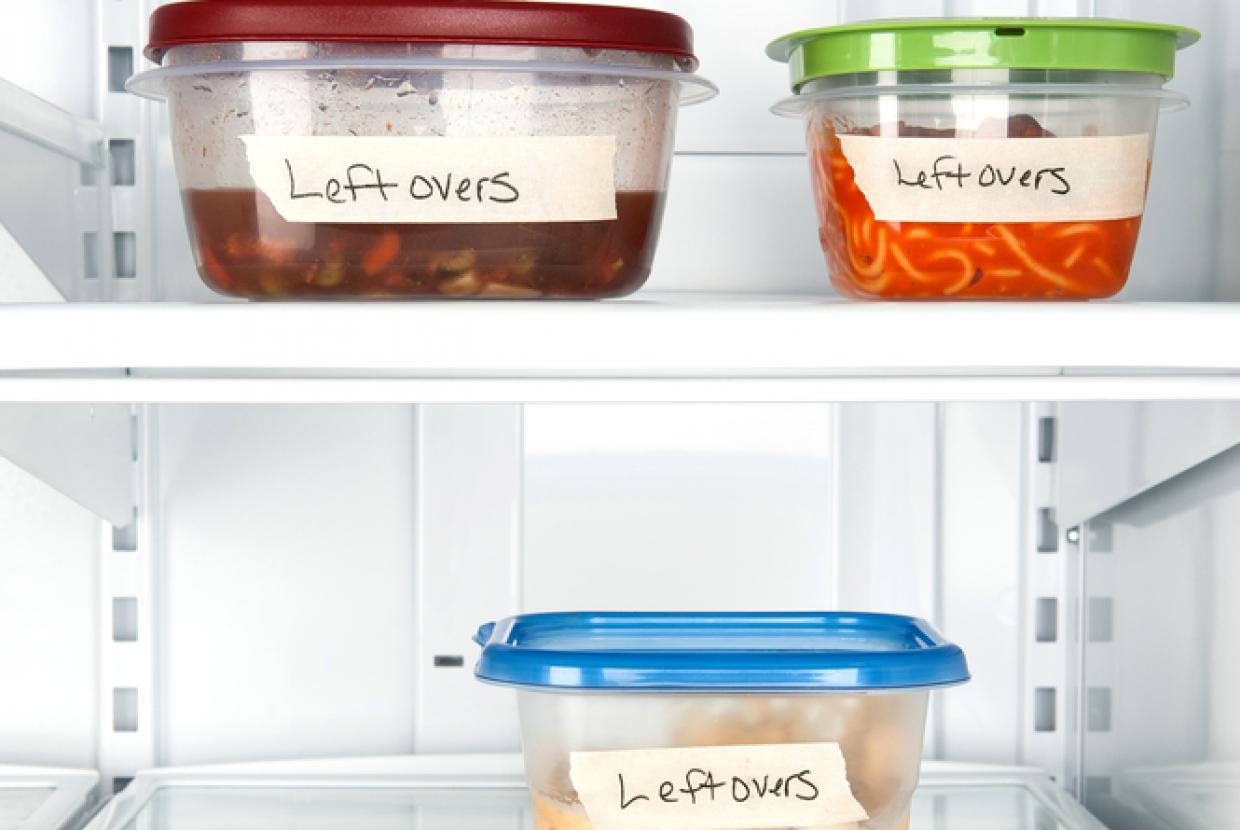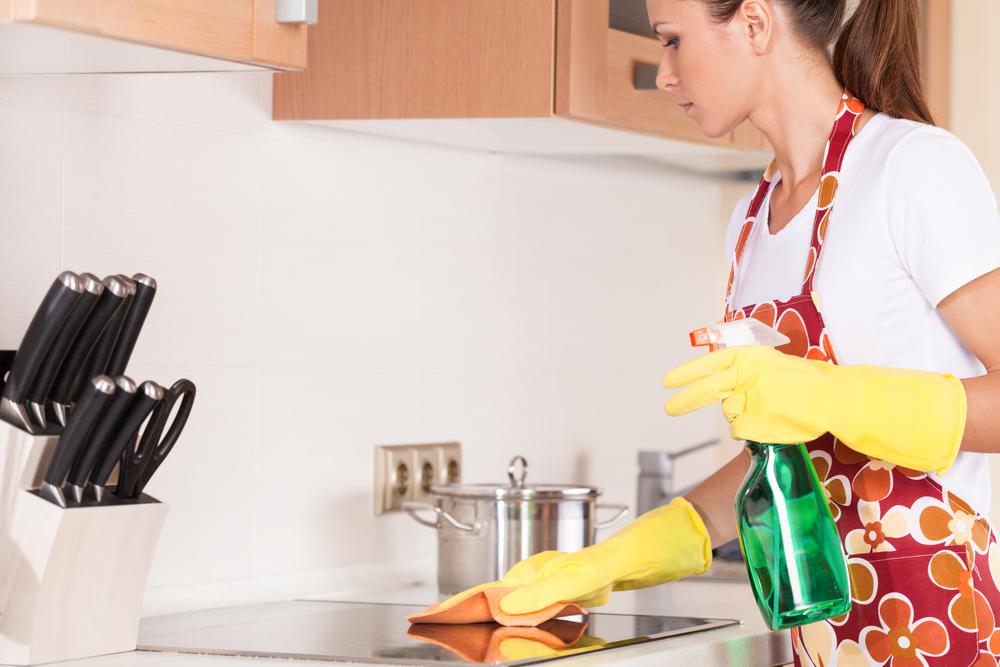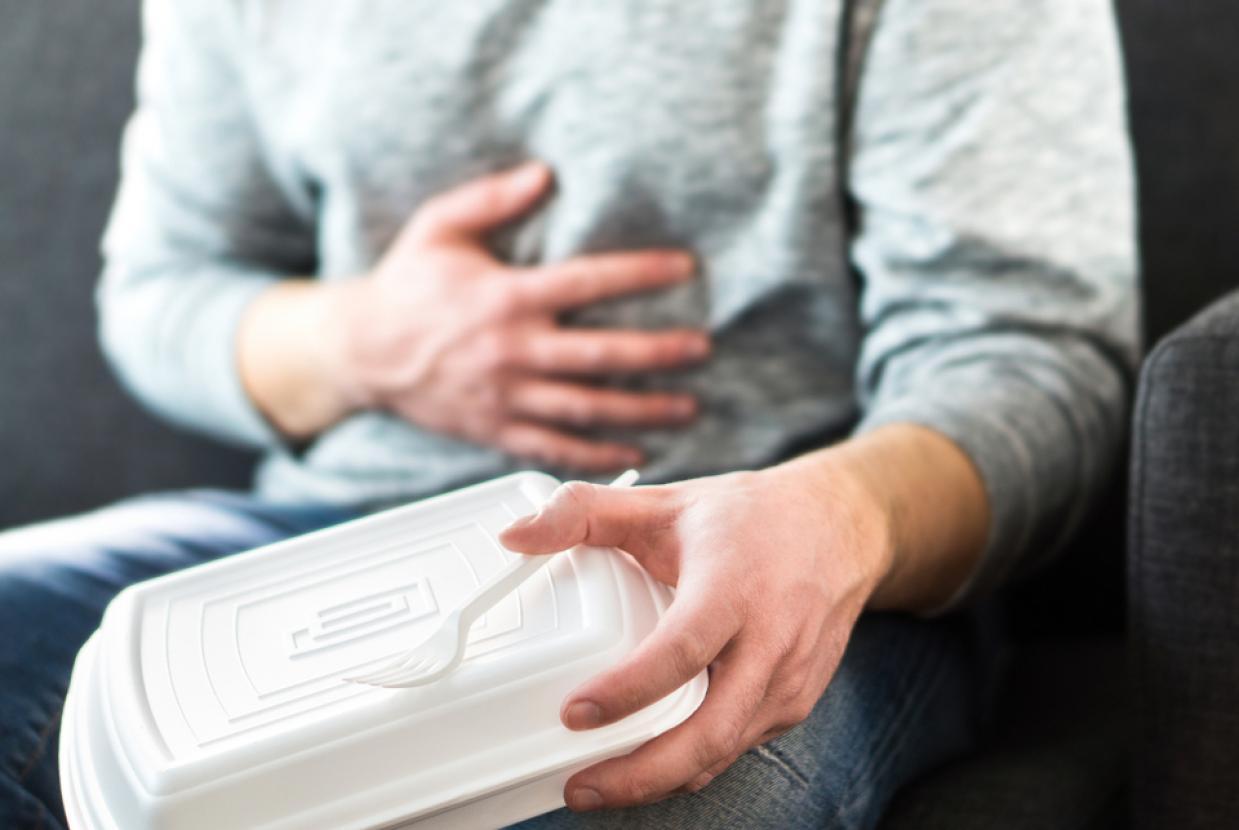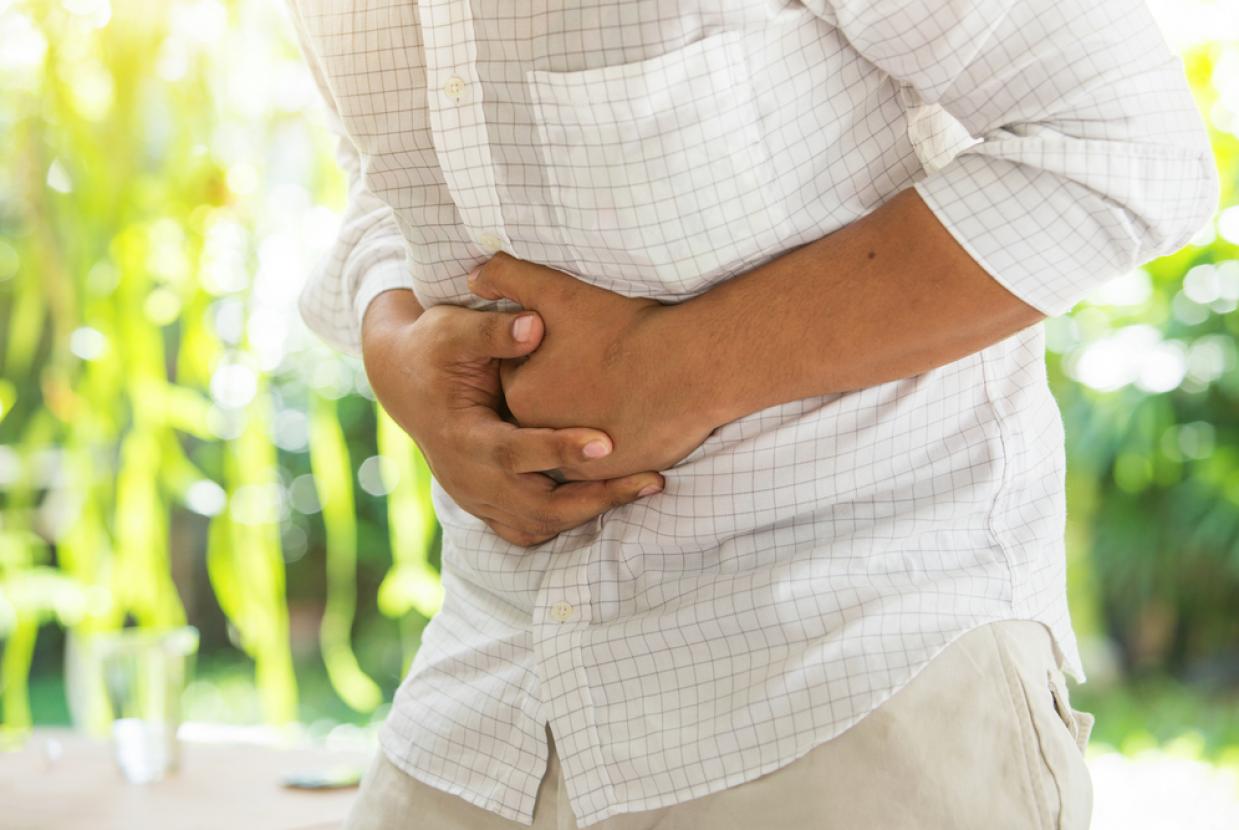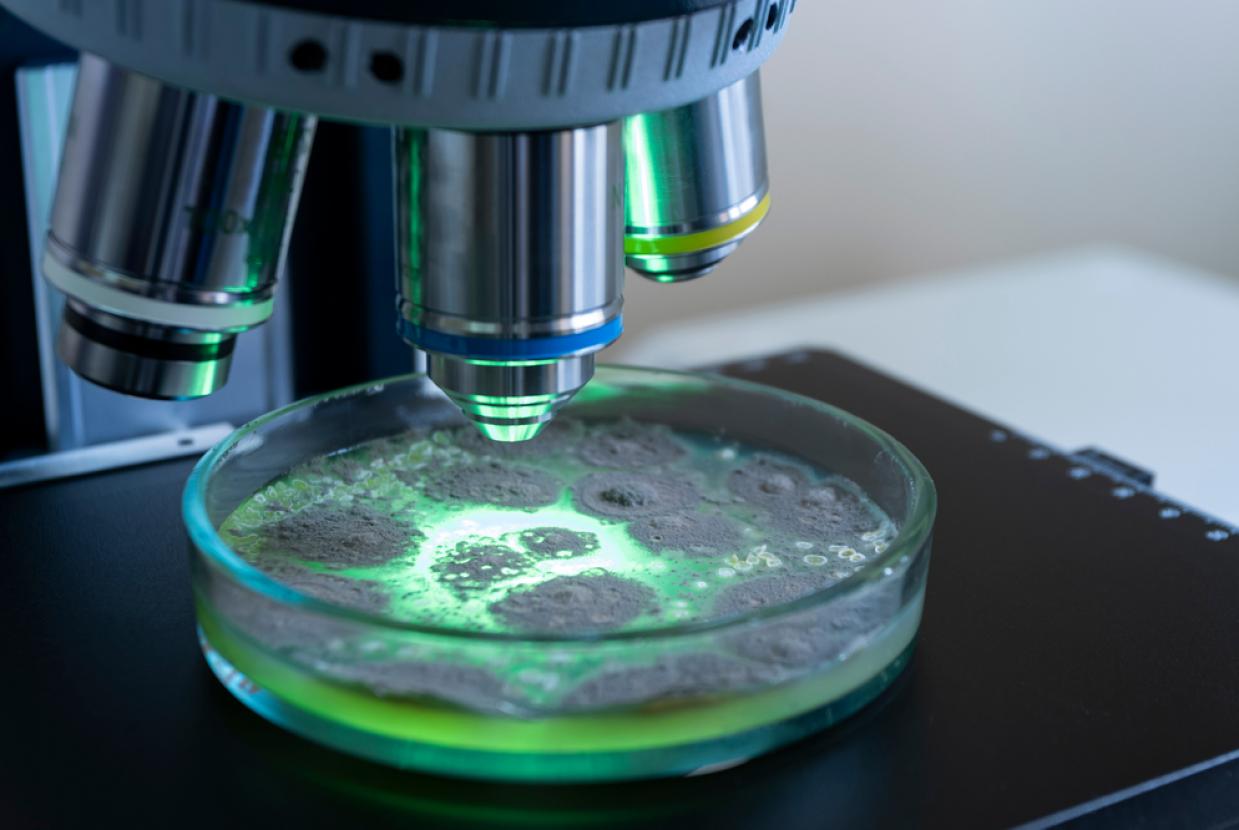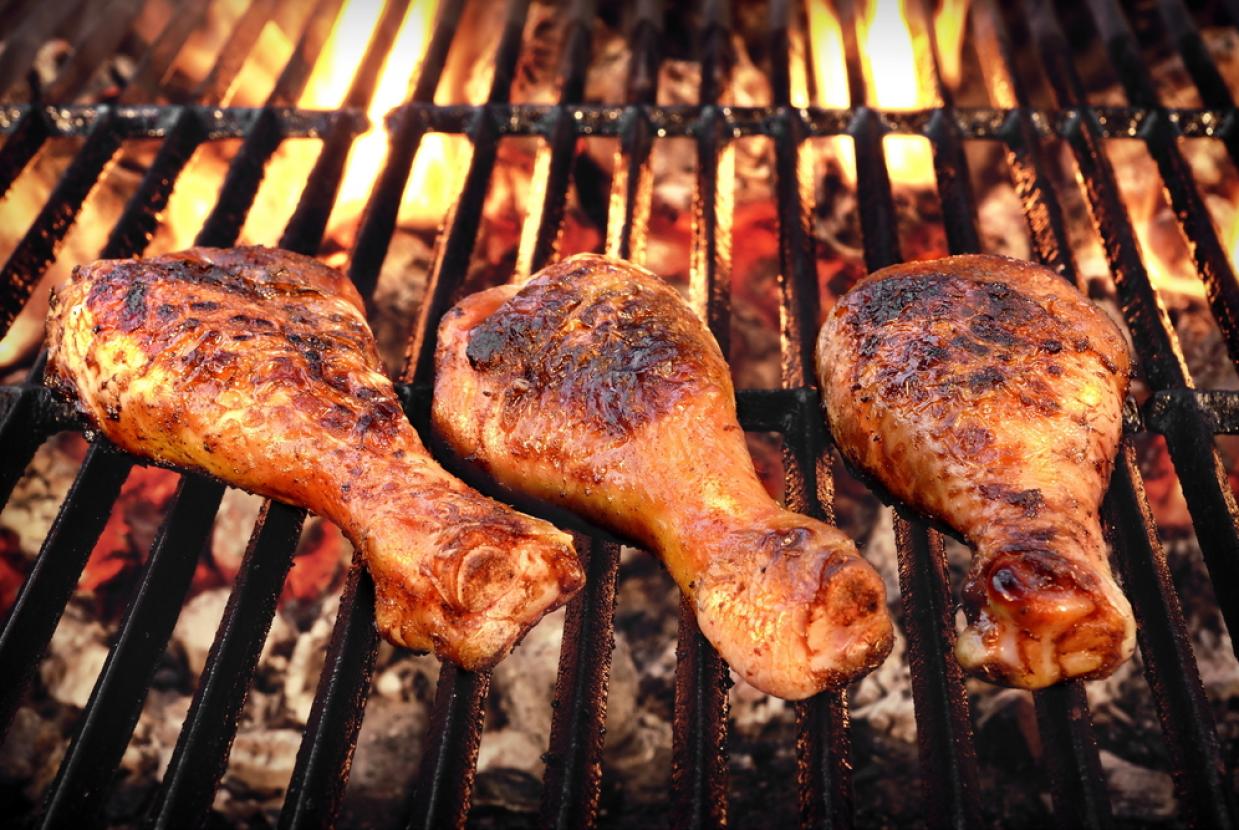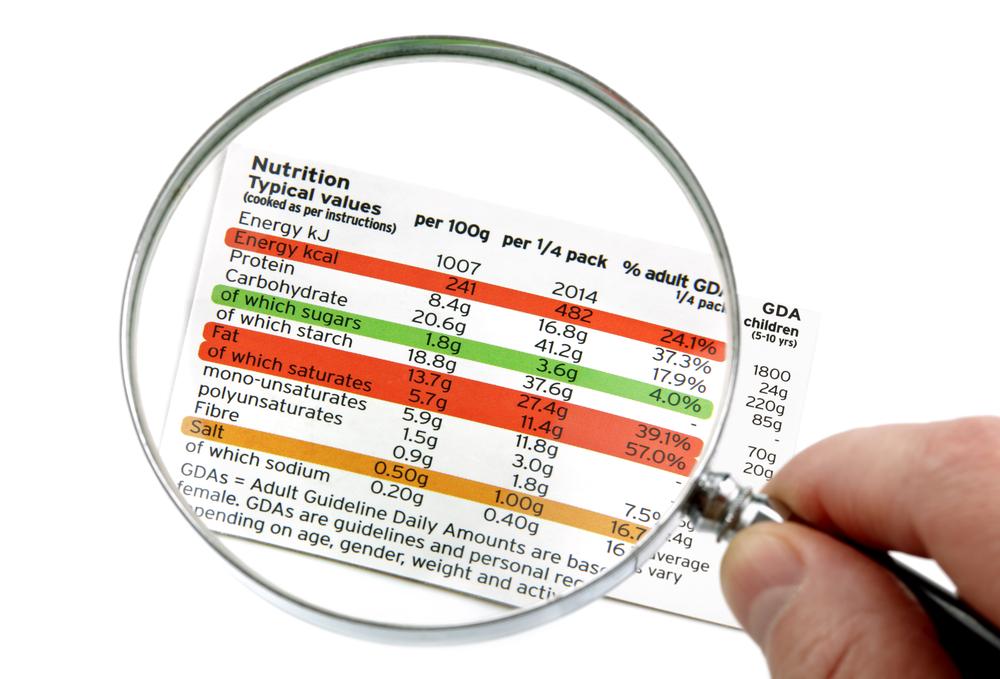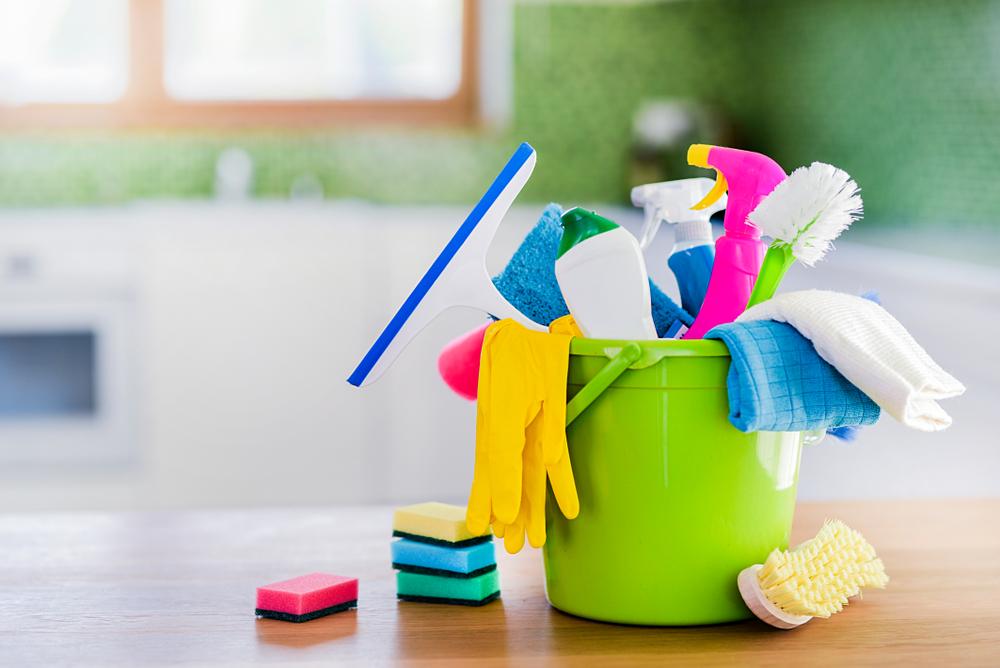How To Wash Fruit & Vegetables
Advice on storing, washing and preparing fruit and vegetables to prevent food poisoning, including E. coli. It is important to wash all fruit and vegetables before you eat them to ensure they are clean and safe to eat.
Most people are aware of the importance of handling meat safely, but many consider the risk of food poisoning from vegetables to be low.
But this risk was highlighted in the 2011 Escherichia coli (E. coli) outbreak in the UK. Soil stuck on leeks and potatoes is thought to have been the source of the outbreak, which involved 250 cases of E. coli infection.
How should fruit and vegetables be washed?
Washing will help remove bacteria, including E.coli, from the surface of fruit and vegetables. Most of the bacteria will be in the soil attached to the produce. Washing to remove any soil is, therefore, particularly important.
When you wash vegetables, wash them under a running tap and rub them under water, for example in a bowl of fresh water. Start with the least soiled items first and give each of them a final rinse.
Washing loose produce is particularly important as it tends to have more soil attached to it than pre-packaged fruit and vegetables. It is always advisable to wash all fruit and vegetables before you eat them to ensure they are clean and to help remove bacteria from the outside. Peeling or cooking fruit and vegetables can also remove bacteria.
What is the key advice for safely storing, handling and cooking raw vegetables?
- Always wash your hands thoroughly before and after handling raw food, including vegetables.
- Keep raw food, including vegetables, separate from ready-to-eat foods.
- Use different chopping boards, knives and utensils for raw and ready-to-eat foods, or wash these items thoroughly in between uses.
- Check the label – unless packaging around vegetables says "ready to eat", you must wash, peel or cook them before eating.
How can I avoid cross-contamination?
To prevent cross-contamination:
- always wash your hands after handling raw food
- store raw and ready-to-eat foods separately
- store raw meat in sealable containers at the bottom of your fridge so that it cannot drip onto other foods
- use a different chopping board for raw food and ready-to-eat food, or wash it thoroughly in between preparing different types of food
- clean knives and other utensils thoroughly after using them with raw food
- do not wash raw meat or poultry – any harmful bacteria will be killed by thorough cooking, and washing may splash harmful bacteria around the kitchen
How do bacteria get onto vegetables?
Bacteria can get onto fruit and vegetables in several ways. They may be present in water used for irrigation, organic fertilisers, or droppings from birds and other animals that go into fields.
Should people who might be vulnerable to infection handle raw vegetables?
There are no indications that loose vegetables are regularly contaminated with E.coli or other harmful bacteria.
People who are vulnerable to infection, such as pregnant women, the elderly or anyone with a weakened immune system, should follow the guidelines on preparation and good hygiene carefully. There is no need for them to avoid preparing such foods.
Children should be encouraged to wash their hands after handling loose vegetables as part of food preparation, shopping or during craft activities.
How should I handle loose vegetables when out shopping?
The risk of infection from handling loose vegetables remains small as long as good hygiene practice is observed. It's not necessary or practical to wash your hands after handling loose vegetables or fruit every time you're out shopping.
If you intend to eat foods immediately after shopping, then it would be advisable to wash your hands and those of any children that might have handled loose vegetables. When selecting loose vegetables, bear in mind that more heavily soiled vegetables may take longer to prepare at home.
Should I avoid buying vegetables with soil on them?
No. Some vegetables are always sold with some soil on them. It's good practice to remove as much soil as possible when preparing vegetables.
Loose vegetables may involve a bit more preparation than if they are pre-packed, but as long as this is done carefully there is no need to avoid them. Bear in mind that more heavily soiled vegetables may take longer to prepare for cooking.
It is also important to note that although soil was considered to be the most likely source of the 2011 E. coli contamination, this is not known for certain.
Why can there be problems with vegetables?
There have been several previous outbreaks linked to salad vegetables, which are consumed raw. However, illness linked to root vegetables is much less common because most root vegetables are cooked before being eaten.
There is always a risk of harmful bacteria on loose vegetables spreading to other food if produce is not stored, washed and cooked properly.


